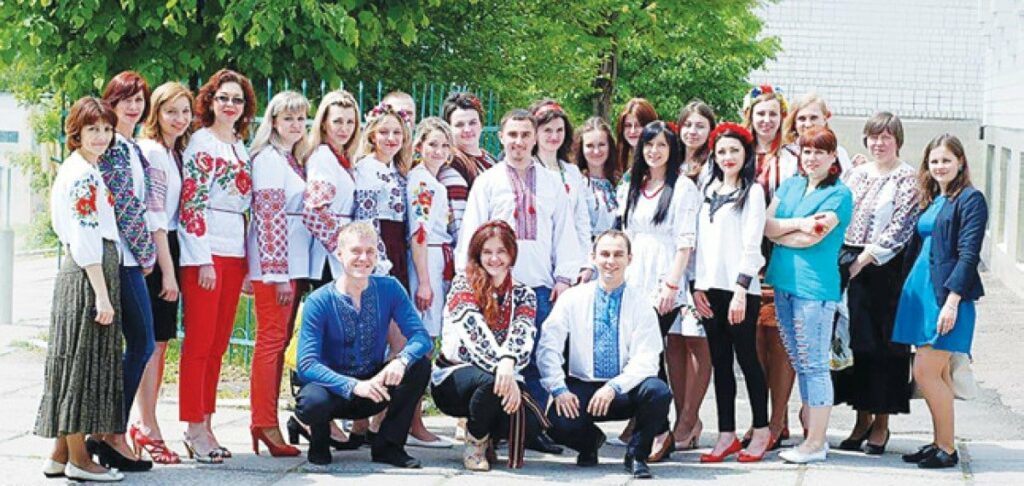
In each case, treatment is determined individually, but in any case it is complex and prolonged. Treatment of mastitis includes two main directions – non-hormonal and hormonal. Prescribing hormonal therapy, especially for young women, is a very serious step. Therefore, treatment with hormonal drugs can be started only in severe forms of mastitis. In other cases, hormonal drugs can be considered only as a second line of therapy.
First-line treatment for mastitis
In mastitis, it is not enough to relieve the symptoms of the disease. Breast diseases, as a rule, do not occur in isolation, and are a reflection of various disorders in the body of a woman. Therefore, the main principle of treatment is the impact on the root cause of the disease – treatment by a gynecologist in case of pathology of the reproductive system, by a therapist – in case of liver and digestive tract diseases, by a neurologist – in case of central genesis of mastopathy.
In principle, moderately pronounced manifestations of diffuse mastitis in women of reproductive age can be considered normal, unless, of course, the disease does not affect the well-being of the patient. Treatment of mild forms of mastopathy can begin with the prescription of diet, non-medication, phytotherapy and non-hormonal means.
Drug therapy of mastopathy is advisable to start with vitamins, because it is with their help it is possible to normalize metabolism and hormonal homeostasis of the body, stabilize the functions of the central and peripheral nervous system, strengthen immunity and improve liver function. To treat mastopathy, a vitamin complex is usually used, including vitamins A, C and E, as well as a number of B vitamins.
In the complex treatment of mastopathy, NSAIDs are used, due to their ability to inhibit the synthesis of prostaglandins.
In the treatment of dyshormonal dysplasias of breast tissue caused by neurogenic factors, psychotropic agents are used, usually belonging to the group of herbal sedatives – tinctures of valerian and motherwort, passiflora extract and combined herbal preparations.
Hepatoprotectors are often prescribed in breast diseases, which also contribute to the normalization of metabolic processes of the body and structural and functional integrity of cell membranes of hepatocytes. The consequence of this is the activation of sex steroid hormone metabolism. In mastopathy are usually used preparations of plant origin, which include milk thistle, silybin, silymarin, as well as complex phytopreparations.
The use of phytotherapeutic agents gives maximum results in young women with adenosis and diffuse cystic mastopathy. In these cases, herbal collections with anti-inflammatory, hepatoprotective, immunostimulating, sedative analgesic and antispasmodic properties are used. Usually used valerian root, motherwort, rosehip, succession and immortelle. In case of lumpiness and pain in the mammary glands, the complex is supplemented with diuretics – birch buds or cowberry leaves.
Recently, an important role in the treatment of mastopathies has become occupied by combined phyto- and homeopathic remedies made on the basis of plant components.
Second-line treatment for mastitis
Hormonal drugs can be considered only as a second line of therapy, and their prescription can be started only in severe forms of the disease. In addition, during hormonal treatment, it is necessary to undergo regular check-ups.
An important place in hormonal therapy is occupied by gestagens that suppress the gonadotropic function of the pituitary gland and have anti-estrogenic action, which reduces the proliferation-promoting effect of estrogen on breast tissue. Gestagens are especially effective for patients with luteal phase insufficiency, anovulatory bleeding and uterine myoma.
Among the gestagens, natural progesterone preparations with a mild sedative effect and anti-aldosterone activity, which contributes to the removal of excess sodium from the body against the background of increased diuresis.
Progesterone is a hormone of the ovarian corpus luteum. A form of the drug has been developed in the form of 1% gel for external application, which is widely used in the complex treatment of mastopathy and mastodynia (painful swelling of the mammary glands). When applied to the skin of the mammary glands, about 10% of the dose is absorbed into the bloodstream. Progesterone is metabolized in the tissues of the gland, which reduces swelling and soreness of the breast, reduces the risk of overgrowth of connective and glandular tissue in the organ. Gel is contraindicated in case of hypersensitivity to the components of the drug.
Sufficiently effective is the use of estrogen-gestagen synthetic drugs, which include most oral contraceptives. The most common for the treatment of diffuse dyshormonal dysplasias of the breast are monophasic combined contraceptives with a relatively high content of gestagens. Specialists also note the preventive effect of these drugs: their use for a year reduces the risk of mastopathy by 50-75%, and the risk of developing breast cancer by 2 times. Maximum effectiveness of these drugs have when used in women aged 28-34 years. However, there are also limitations – the drugs are not used for women after 40 years of age and women over 35 years of age who smoke.
Hormonal therapy of mastitis also uses anti-estrogenic drugs that competitively block estrogen receptors in target tissues and androgens that have antiproliferative effects on target organs, as well as pituitary hormone blockers.
Bromocriptine is a drug that suppresses the secretion of prolactin hormone produced in the anterior lobe of the pituitary gland. Taking bromocriptine suppresses physiological lactation, normalizes the menstrual cycle, reduces the size and number of cysts in the breast. Prescribe and select the dose of this drug should be a gynecologist, endocrinologist, mammologist or oncologist. When taking bromocriptine, it is possible to develop side effects from the digestive tract, central nervous and cardiovascular systems, allergic reactions. The drug is contraindicated in case of hypersensitivity to bromocriptine and ergot alkoloids, toxicosis of pregnant women, increased blood pressure in the postpartum period.
It is now generally recognized that mastopathy increases the risk of breast cancer by 3-5 times. This danger dictates the need for careful prevention and scrupulous treatment of any breast pathology.



